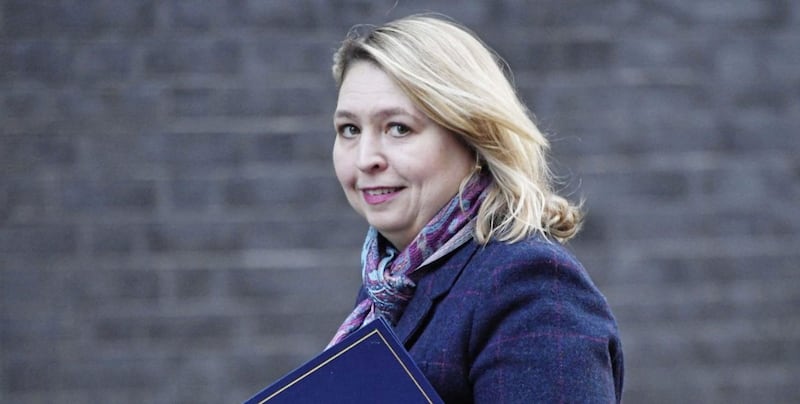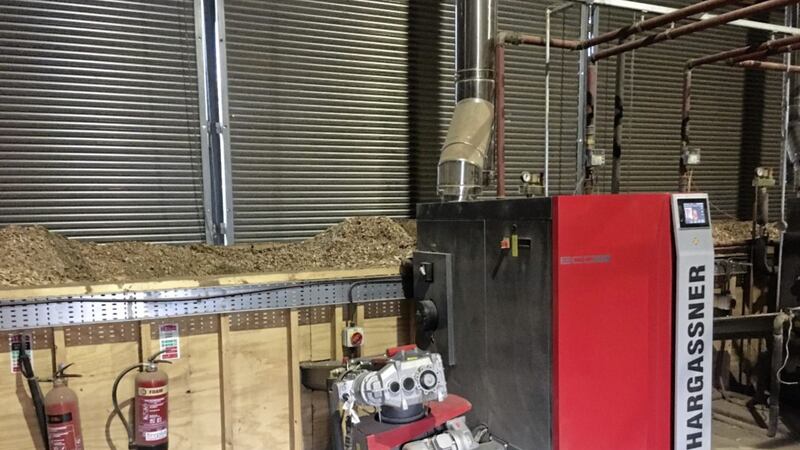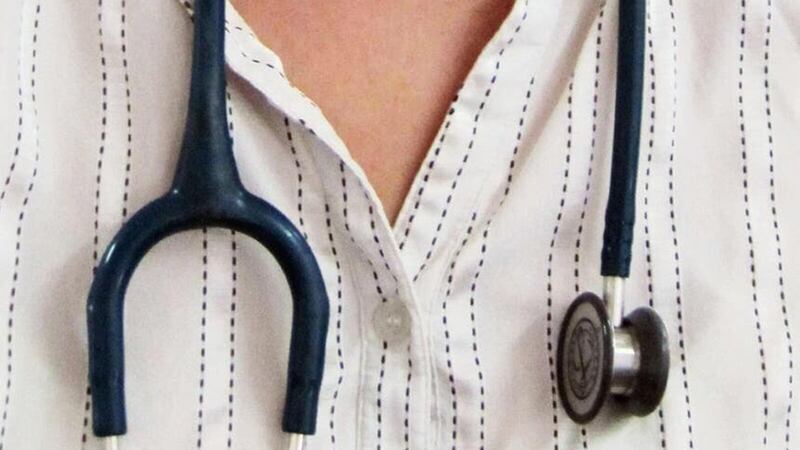SECRETARY of State Karen Bradley's officials were unable to say yesterday whether she will bring legislation through Westminster to enact Stormont civil servants' plans to further slash RHI payments.
The Department for the Economy (DfE) announced on Tuesday its proposals for the future of the Renewable Heat Incentive – the scandal-hit scheme which led to the collapse of the devolved government.
Under the plans, new tariffs would bring huge cuts to subsidies paid out for small and medium-sized biomass boilers.
Rates were cut in 2017 as a temporary measure before the assembly's collapse, but the proposals would further reduce annual subsidy levels for the most common type of boiler from around £13,000 to just over £2,000.
A voluntary buy-out option would also be offered to those with low usage or higher than average capital costs that would lead to a low rate of return.

DfE hopes the new regulations can come into effect from April 1, but the changes require legislation as the current regulations expire next month.
In Stormont's absence, departmental officials have written to the Northern Ireland Office requesting that Ms Bradley legislates at Westminster.
The NIO did not respond yesterday to requests for a comment.
Launched in 2012, the non-domestic RHI scheme was aimed at encouraging businesses to switch to more sustainable heating.
But the subsidies were worth more than the cost of wood pellets, encouraging firms to 'burn to earn'.
Delays in introducing cost controls also brought a spike in applications – pushing the multi-million-pound scheme hugely over budget.
A public inquiry was launched and its chair Sir Patrick Coghlin is expected to deliver his conclusions later this year.
RHI recipients have said reduced tariffs have led to major cash flow issues.
The Ulster Farmers' Union yesterday expressed outrage at the plans, saying they will "devastate farmers who are already struggling under the current reduced RHI tariff schedule".








